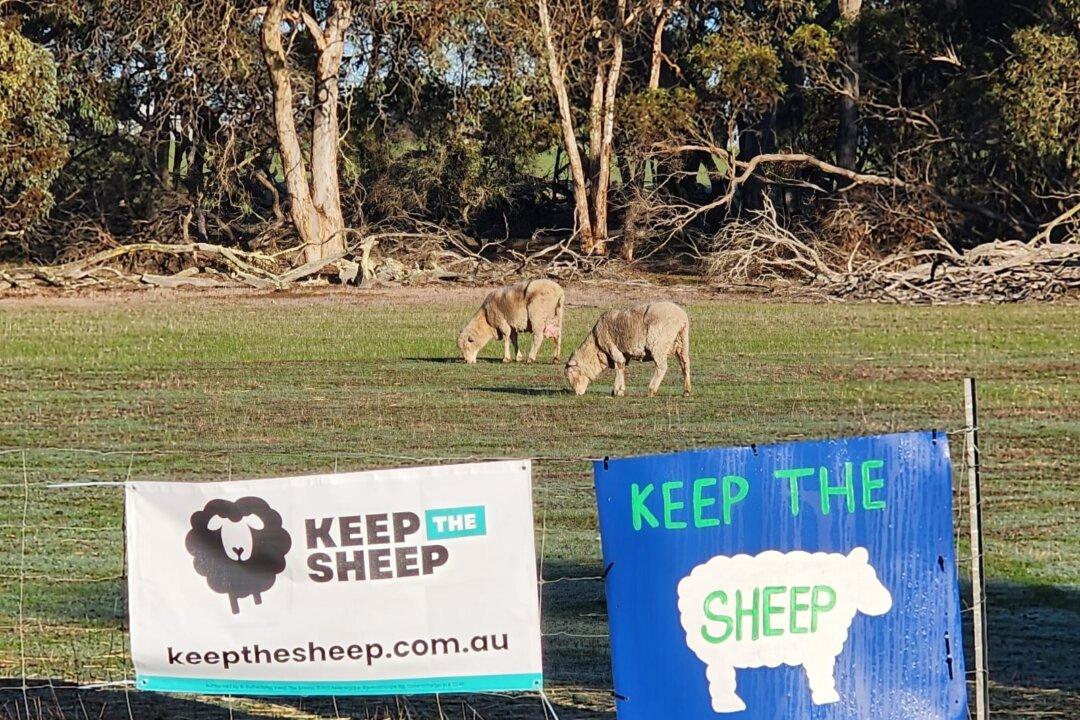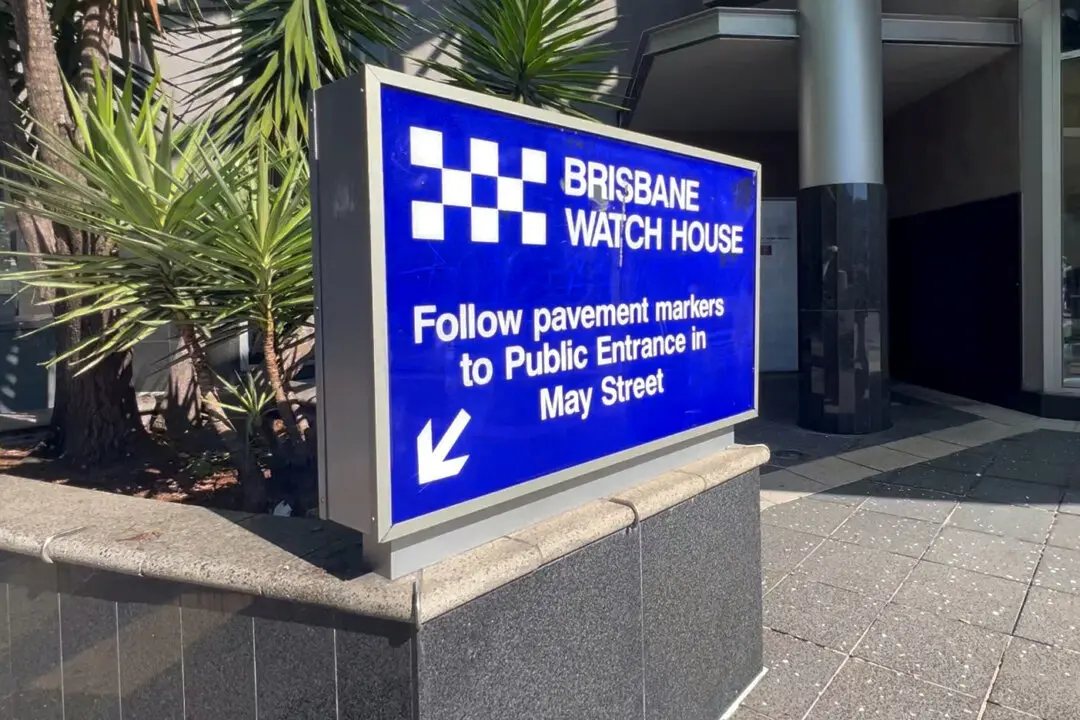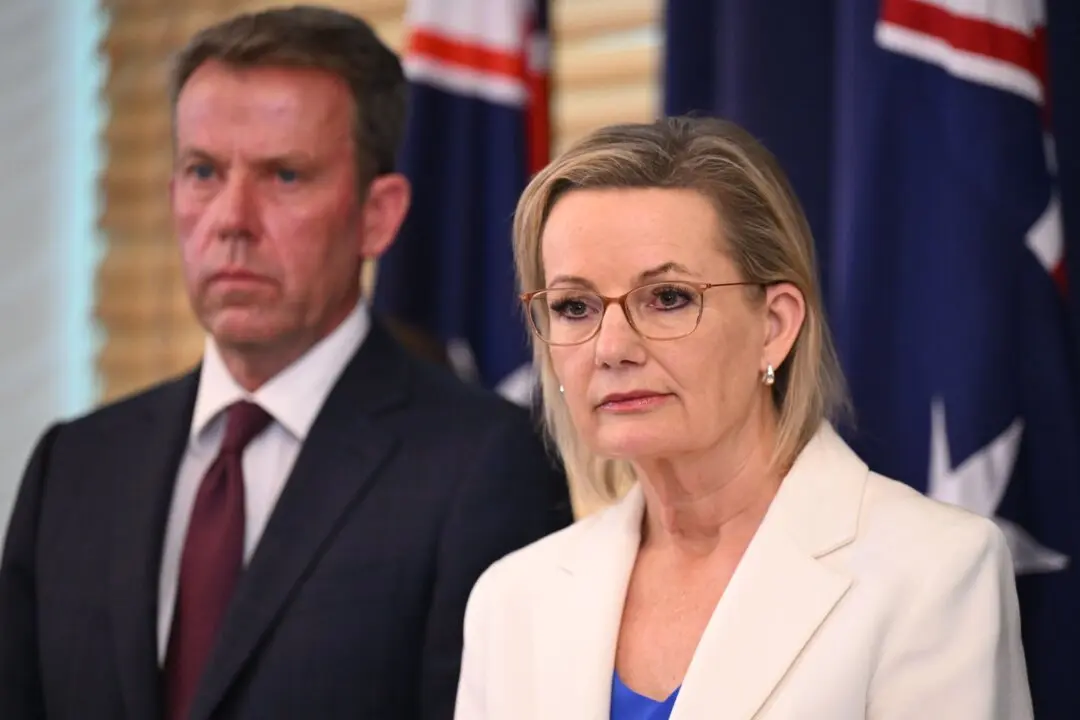Australia’s peak body for sheep producers has criticised a parliamentary committee decision to give the green light to Labor’s proposed ban on live sheep exports.
In a joint statement, Sheep Producers Australia and Wool Producers Australia said the June 21 decision was “rushed, unprofessional, and thoughtless.”





